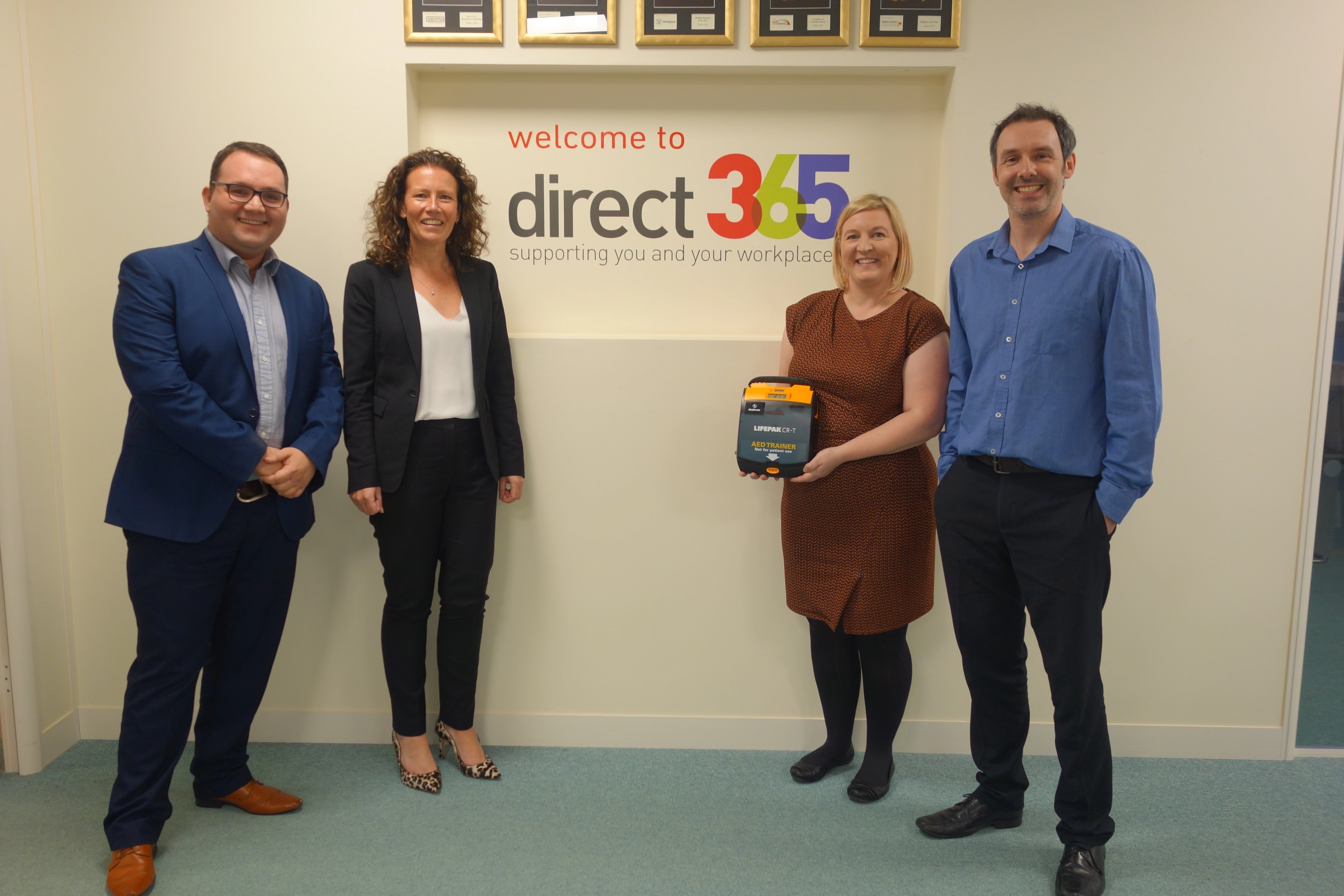
Member Article
The most overlooked compliance issues for small businesses
Companies must abide by legal standards in a number of core business areas.
One law that affects most businesses is the Health and Safety at Work Act (1974). This places a duty that all employers must make their establishment safe for everyone who enters, including staff, customers and visitors.
Today, the courts hold greater sentencing powers for breaches of health and safety laws and higher courts can even impose unlimited fines. SMEs must ensure they don’t cut corners to avoid fines or reputational damage due to breaches, which in some cases, can bring a company to abrupt end.
Here Direct365, online provider of workplace products and services, has revealed the most common issues often overlooked by small businesses:
Fire equipment
With the implementation of the Regulatory Reform (Fire Safety) Order 2005/2006/2010, non-compliance is no longer an option for businesses in the UK, Scotland and Northern Ireland.
However, as of June 2017, the fire-rescue service attended over 11,600 fires in UK non-residential buildings. Fires are avoidable if the right measures are in place.
Fire alarms, extinguishers and emergency lights all play a pivotal role in avoiding or managing fires.
Portable appliance testing
Faulty electrics are the most common cause of fires.
Electrics can decay over time which leads them to develop serious faults. Possible items include anything from hair dryers, vacuums to the staff kettle.
It is often the things we least expect that can do the most harm. The need to test is especially important for small businesses, for example beauticians must PAT test all their electrical appliances such as hair dryers and styling products, whilst those working out of small industrial units should test the likes of kettles and toasters.
General and commercial waste services
There is often confusion in this area around which laws are relevant. Legislation is often changing, and local enforcement guidance can be confusing.
Businesses are no longer allowed to leave rubbish outside premises and must have waste collected within a set time period.
Defibrillators as part of a first aid kit
Unfortunately, having an Automated External Defibrillator (AED) on site isn’t a legal requirement, however over 100,000 people in the UK suffer sudden cardiac death every year.
A recent survey from Direct365 questioned its customers who had purchased automatic external defibrillators (AED) and 10 per cent had been used to save a life.
It also found that 53 per cent had decided to buy an AED following the recommendation of a health and safety professional or after they had received first aid training.
For those companies with an AED unit, it is recommended to inspect the devices every month and replace the consumable parts when needed.
This was posted in Bdaily's Members' News section by Chris Jevons .




 test article 123456789
test article 123456789
 hmcmh89cg45mh98-cg45hm89-
hmcmh89cg45mh98-cg45hm89-
 test456456456456456456
test456456456456456456
 test123123123123123123
test123123123123123123
 test xxxdiosphfjpodskhfiuodsh
test xxxdiosphfjpodskhfiuodsh
 Savour the flavour: North Tyneside Restaurant Week returns for 2024
Savour the flavour: North Tyneside Restaurant Week returns for 2024
 Six steps to finding the right buyer for your business
Six steps to finding the right buyer for your business
 Stephen signs off on a special night
Stephen signs off on a special night
 Life’s a Peachaus: Gillian Ridley Whittle
Life’s a Peachaus: Gillian Ridley Whittle
 Making a splash: Phil Groom
Making a splash: Phil Groom
 Making workplace wellbeing a priority
Making workplace wellbeing a priority
 A record of delivery, a promise of more: Ben Houchen
A record of delivery, a promise of more: Ben Houchen